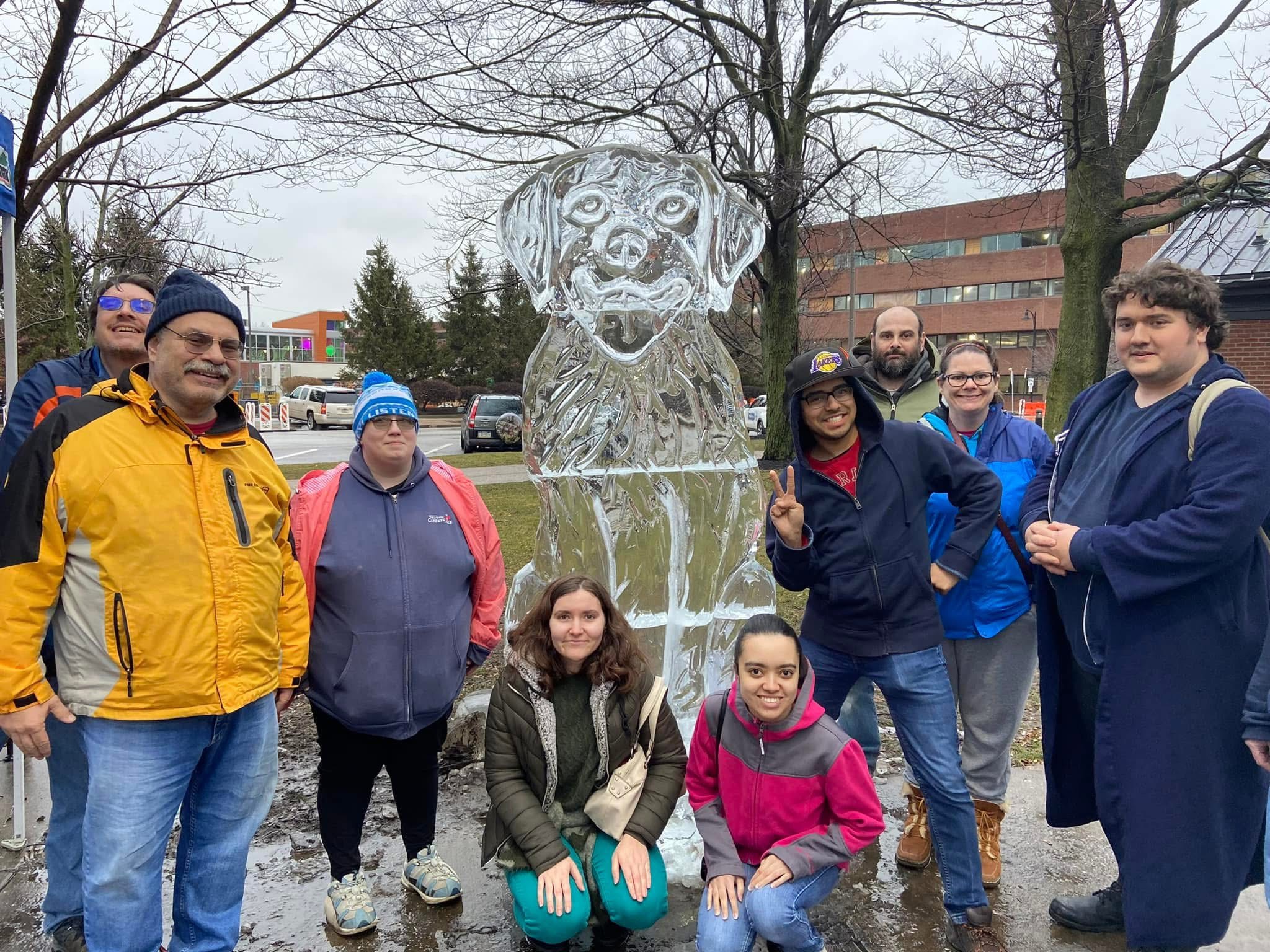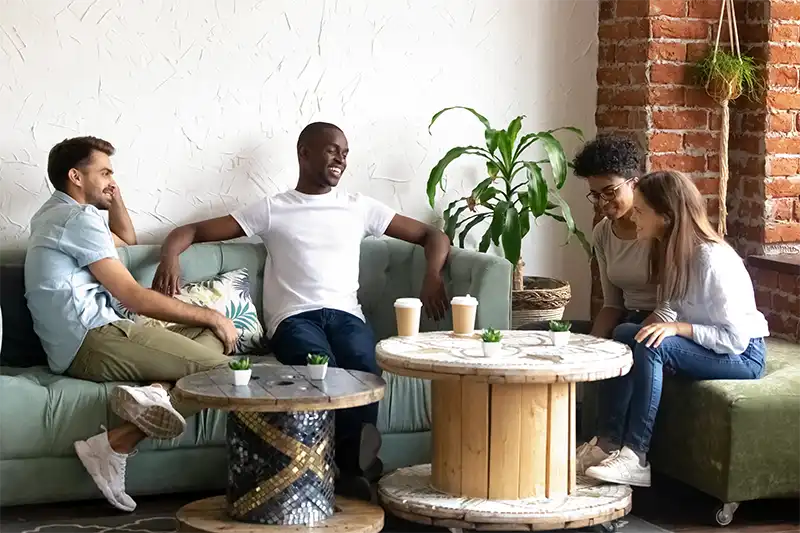Awareness
Socialization
Autism Spectrum Disorder (ASD) is often described as a social communication difference, reflecting the unique ways individuals on the spectrum engage with and interpret the world around them. People with ASD may experience social cues and interactions differently from neurotypical individuals, which can sometimes lead to misunderstandings or social disconnects. However, with the right supports and environments, many individuals on the spectrum thrive in meaningful relationships and community involvement.
Sensory sensitivities—such as to bright lights, strong smells, or loud noises—can occasionally make it challenging to focus on social interactions. These environmental factors may compete for attention and create discomfort. Additionally, interpreting nonverbal cues like facial expressions or body language may not come naturally, which can make it harder to read others’ intentions or emotions in the moment.
Despite these differences, individuals with ASD often excel in structured, interest-based social settings. They may feel more at ease in environments that are centered around shared passions—such as school clubs, hobby groups, church activities, or volunteering—where the focus is on purpose and engagement rather than small talk or unstructured conversation. While traditional social events like parties or dances might feel overwhelming, offering alternatives that honor both sensory needs and personal interests can create opportunities for connection, inclusion, and joy.


Cultivating Connections
Building relationships beyond the immediate family can present unique challenges for individuals on the autism spectrum, especially when it comes to interpreting intentions, reading nonverbal cues, and navigating unfamiliar social settings.
Opportunities like making friends in school, dating, job interviews, and collaborating with coworkers can feel daunting—but with the right support and preparation, these moments can become powerful stepping stones for connection and personal growth. Sometimes, missed social cues can lead to misunderstandings, but these moments also offer chances to learn and build resilience.
One of the most helpful strategies is being clear, direct, and upfront about expectations before a social situation arises. Providing guidance in advance helps reduce confusion, prevents emotional discomfort, and sets the stage for more successful, comfortable interactions.
KAS provides opportunities to participate in group outings and therapy sessions, check the events page for more details.
Building Social Confidence
Many individuals on the autism spectrum tend to be wonderfully honest and direct in their communication. This sincerity is a strength, though it can sometimes make it harder to recognize when others may not be as genuine. Because of this, reading character and spotting hidden agendas may require a bit of guidance.
With the right support—whether from a trusted therapist, family member, or friend who understands and respects their unique needs—individuals with ASD can thrive socially and emotionally.
Once the expectations and boundaries within a relationship are made clear, individuals on the spectrum often shine. They can become fiercely loyal friends, reliable team members, and innovative thinkers, offering fresh perspectives and creative solutions thanks to their distinct way of experiencing the world.